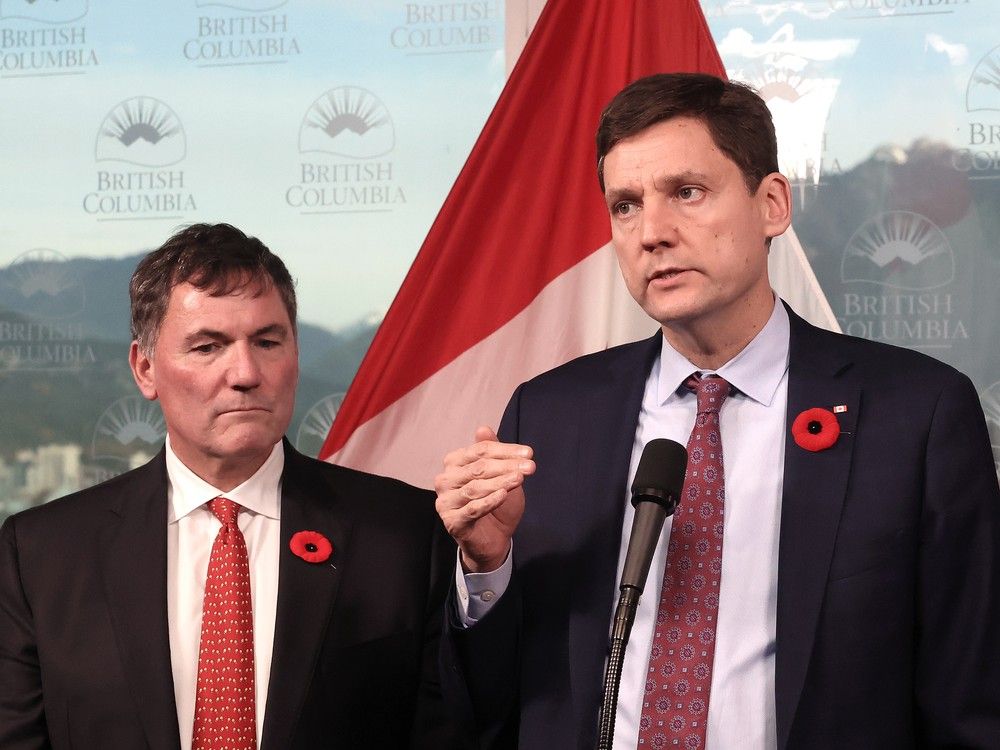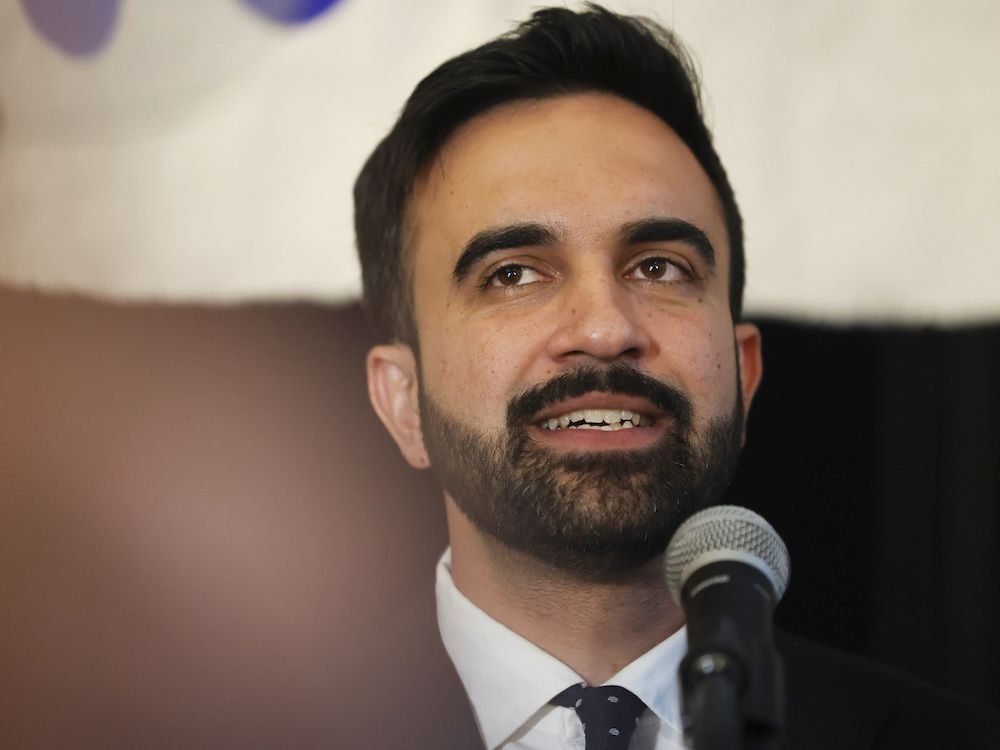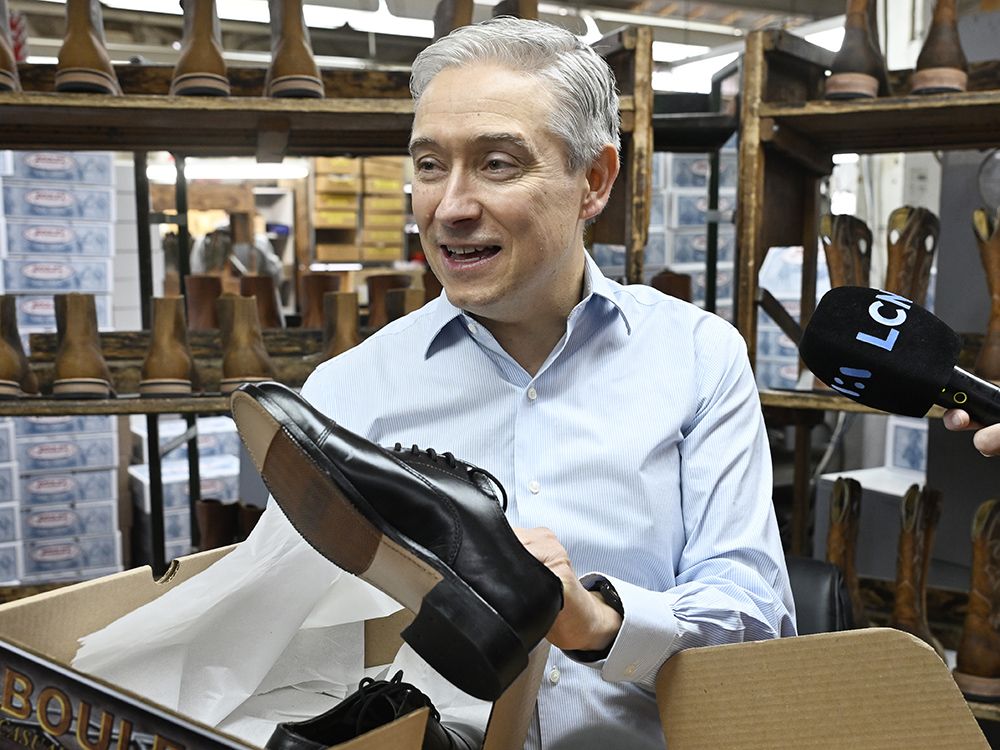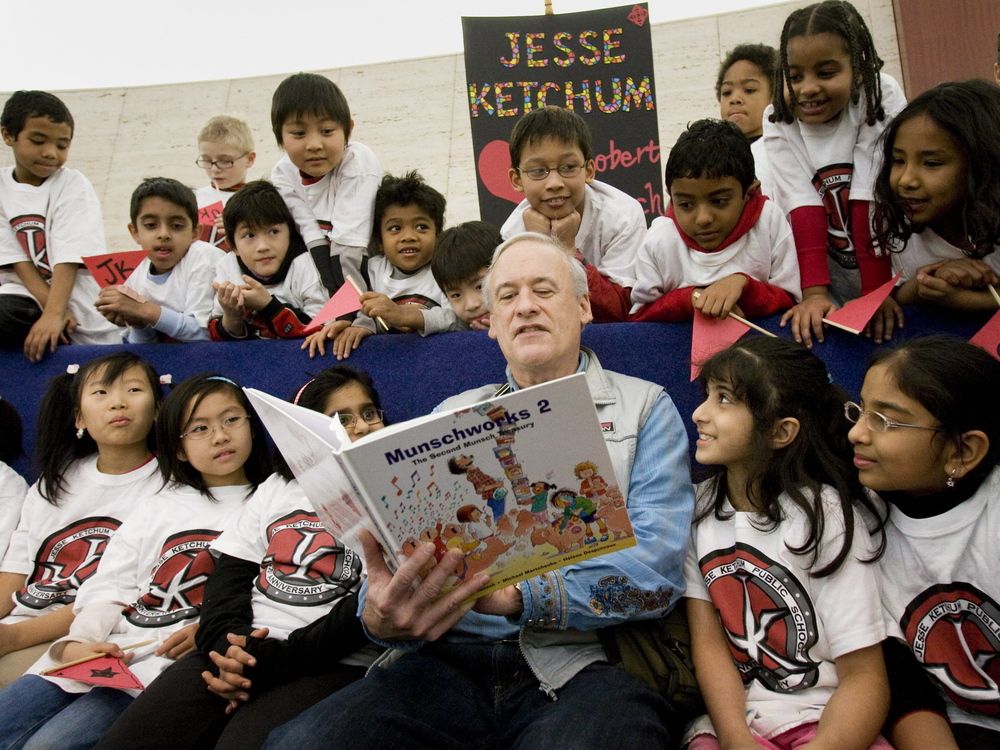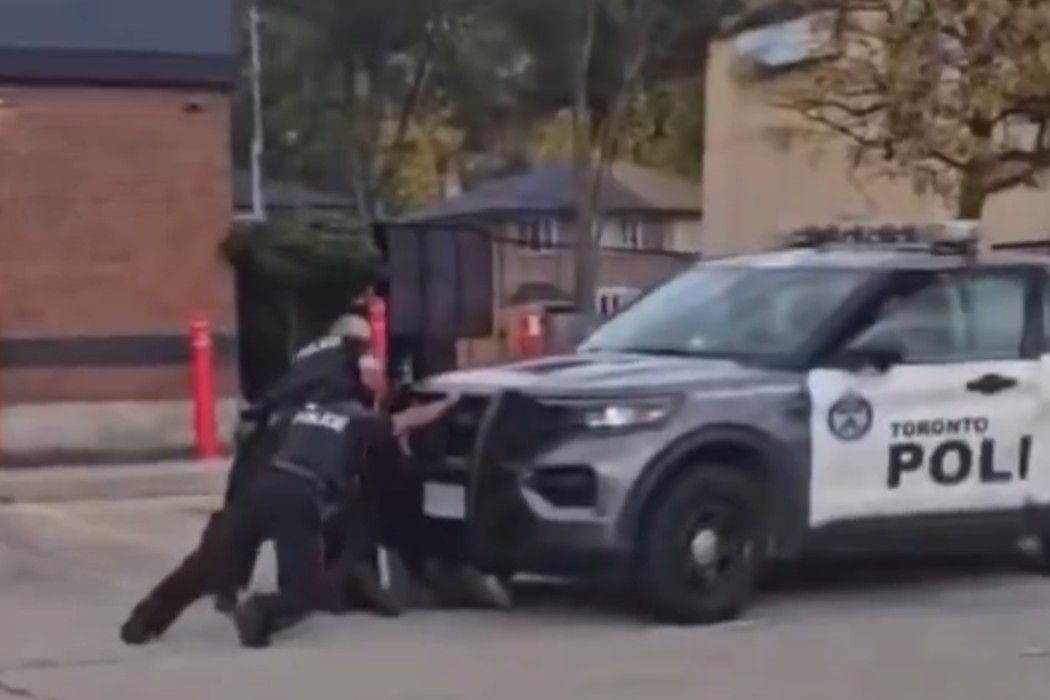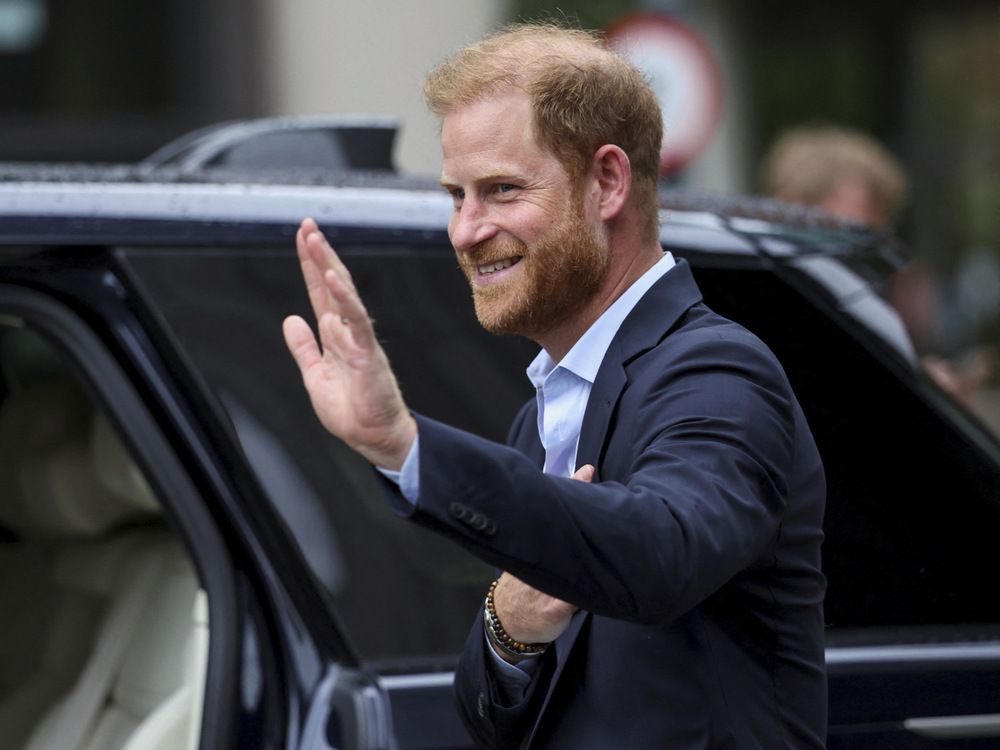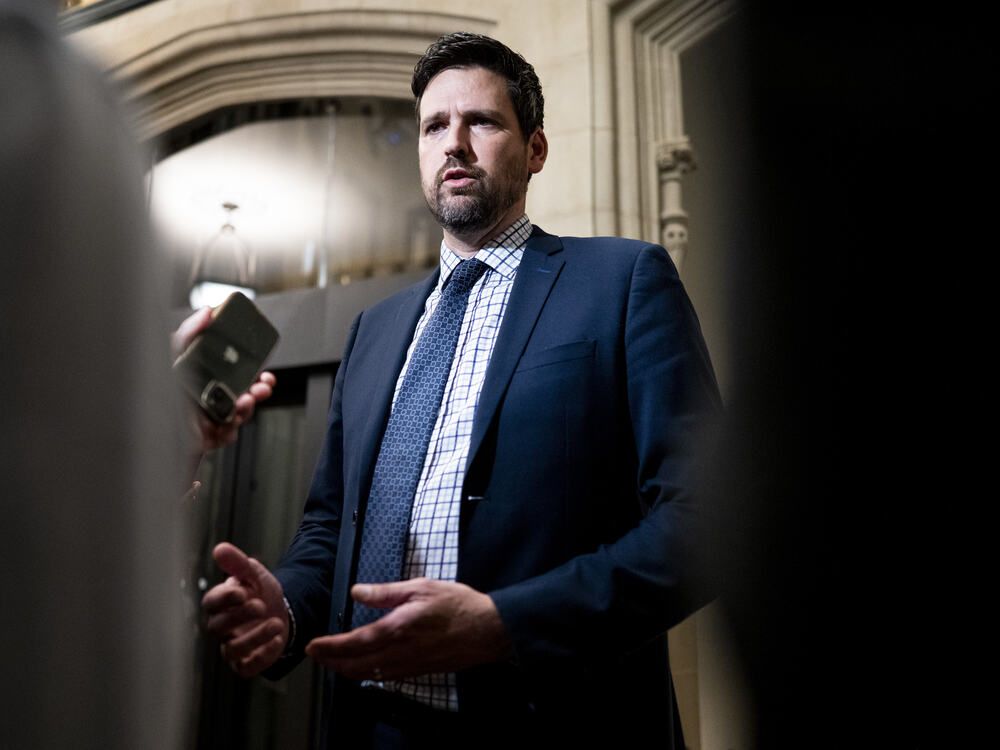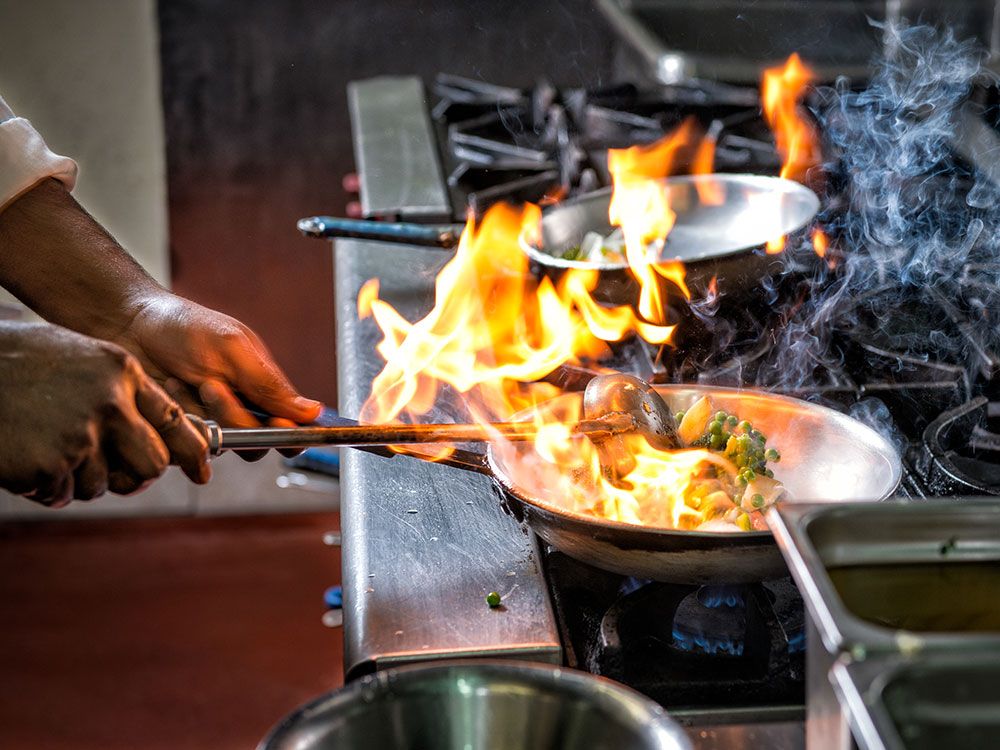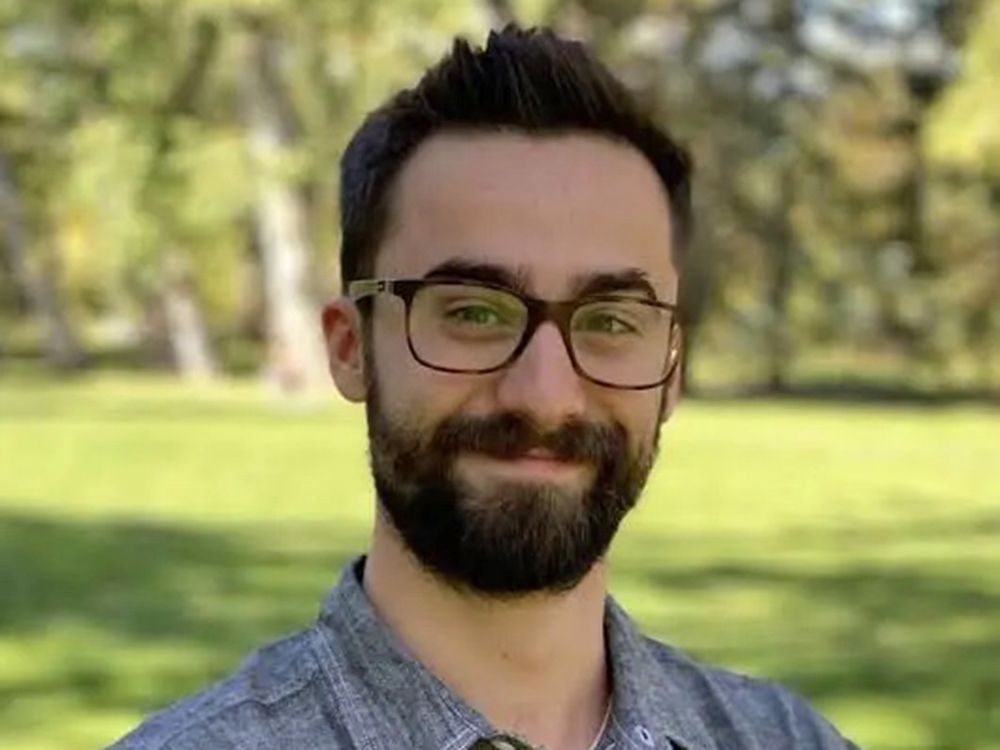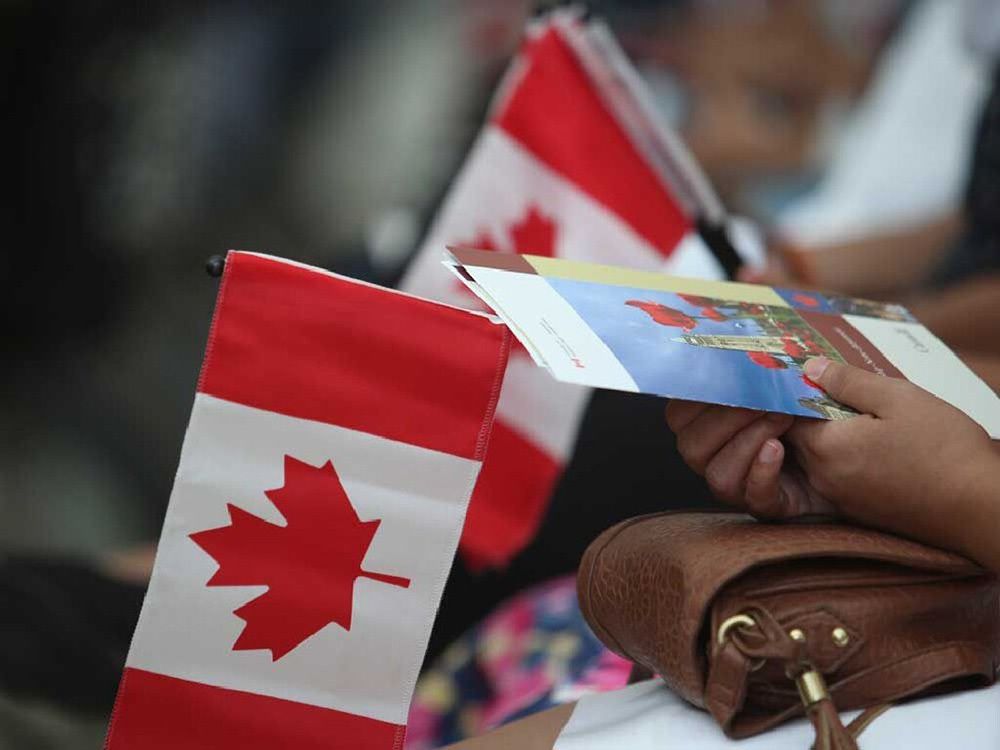
OTTAWA — The federal government is taking a hatchet to temporary immigration levels, cutting the number of temporary students it will let in next year by half.
The changes were revealed in a preview of the Carney government’s three-year immigration level plan contained
tabled Tuesday.
While
plans on plateauing the number of permanent residents coming into Canada annually at 380,000 until 2028, his government is further slashing temporary resident admissions.
In the budget, the government suggested the new plan was necessary because immigration had gotten out of control, a drum frequently beat by the Conservatives recently.
“In recent years, the system became even harder to manage and less functional, and the pace of arrivals began to exceed Canada’s capacity to absorb and support newcomers in the way we are used to doing,” reads the budget.
“We are taking back control over the immigration system and putting Canada on a trajectory to bring immigration back to sustainable levels — allowing us to fulfill the promise of Canada to those who call it home.”
Conservative Leader Pierre Poilievre has called on the Liberals to impose “very hard caps” on immigration levels. During the spring election, he promised to fix the “broken” immigration system.
Tuesday’s budget partly blamed issues with housing supply, the healthcare system, and schools on the rapid growth of temporary resident numbers. Between 2018 and 2024, ratio of non-permanent residents as a total of the Canadian population doubled to hit 7.5 per cent.
“Canada’s new government recognizes that this system is no longer sustainable, and we are determined to make it so, for everyone who lives in and comes to this country,” reads the budget.
But the budget is light on details about how the government expects to hit the new lower levels, whether by imposing a cap or by restricting eligibility criteria, for example. That information will be included in the 2025 Annual Report to Parliament on Immigration to come in the near future.
The most significant cut in Carney’s immigration levels is to temporary foreign student admissions in what will likely be a further blow to many Canadian colleges and universities who have seen their revenues from international students plummet.
The government originally planned to cap foreign student visas at 305,000 over the next two years. But Carney’s government will slash that in half by next year and settle the number at 150,000 annually until 2028.
Overall, Liberals originally projected granting temporary residency to 673,650 people in 2025 and then dropping that number to 516,600 next year.
But Carney’s government opted to cut even further, reducing the number of temporary resident visas to 385,000 next year and 370,000 the following two years. That means Canada will be letting in more than 40 per cent fewer temporary residents between this year and next.
There will be a small increase (20,000) in temporary worker visas issued next year. In the budget, the government said it was considering the needs of industries and sectors impacted by U.S. tariffs as well as the “unique” needs of rural Canada.
The budget notes that the new levels still aim to reduce Canada’s non-permanent resident population to below five per cent of the total population by 2028.
Last year,
the Trudeau government began slashing immigration
levels after years of constant increases. It transformed a planned increase of permanent resident admissions in 2025 to a nearly 100,000 drop, limiting the number to 395,000.
During a press conference Tuesday, Finance Minister François-Philippe Champagne said that lowering the immigration levels would help the government better integrate newcomers.
“If you welcome people in your country, you have a duty to allow them to be able to find a place to live, to go to school or to get service in hospital,” he said.
Champagne also pointed to a new budget commitment to spend $1 billion over 13 years to help recruit top-tier international researchers as part of an “International Talent Attraction Strategy and Action Plan”.
“We’re getting back to sustainable levels. On the other end, we’re really focusing on attracting the best and brightest,” he said.
National Post
cnardi@postmedia.com
Our website is the place for the latest breaking news, exclusive scoops, longreads and provocative commentary. Please bookmark nationalpost.com and sign up for our politics newsletter, First Reading, here.




